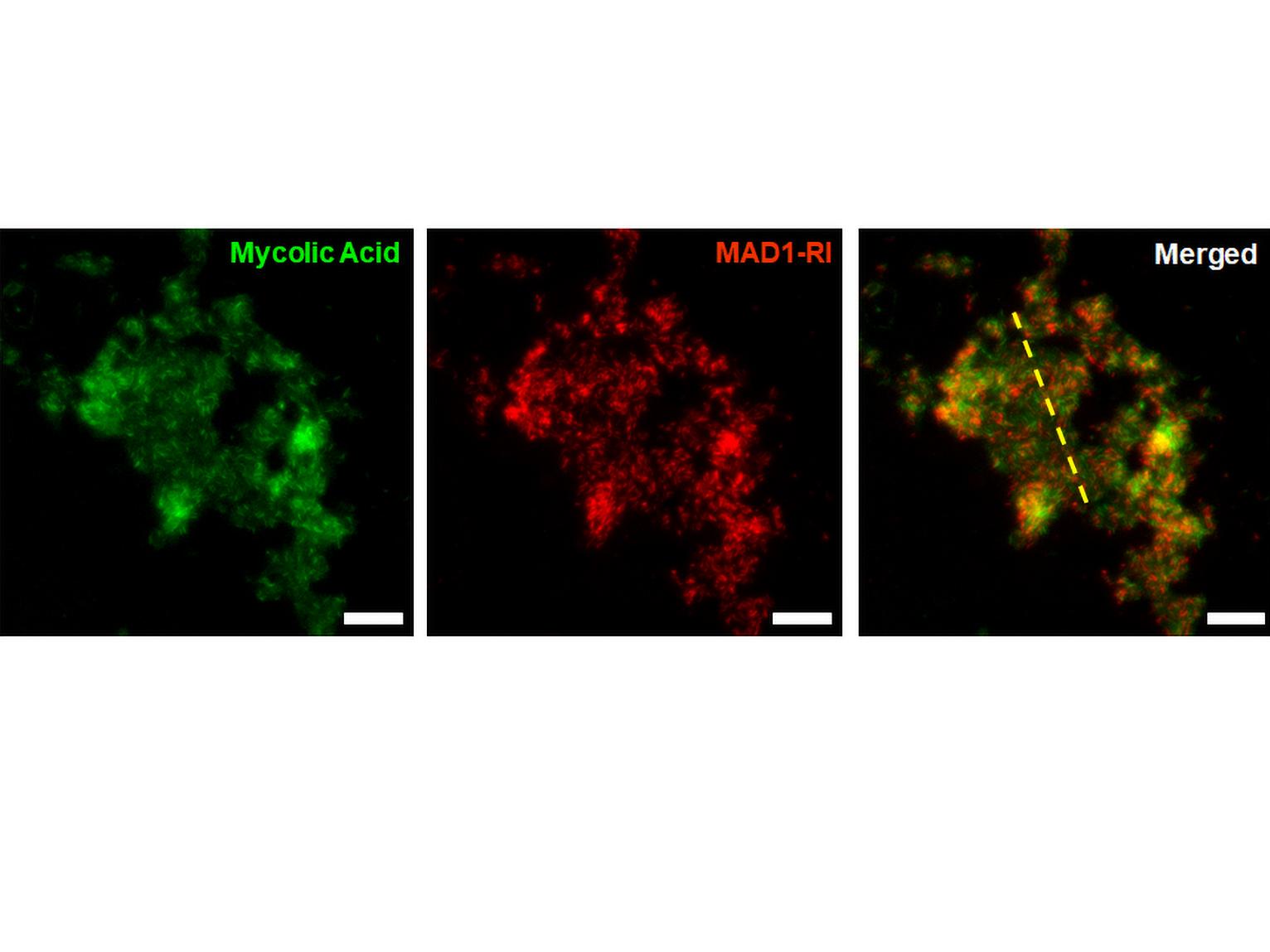
Preoperative use of glucagon-like peptide-1 (GLP-1) receptor agonists does not increase perioperative risks for individuals with obesity or overweight, according to a recent study published in eClinical Medicine. This finding suggests that GLP-1 therapy could be a viable strategy for preoperative weight management. However, safety guidelines recommend that surgical teams take precautions to minimize potential complications.
GLP-1 receptor agonists, theoretically, should reduce preoperative risks commonly associated with obesity. Yet, safety considerations remain crucial. As obesity continues to be a global health challenge, these medications might help mitigate surgical risks and improve both preoperative and long-term health outcomes for patients.
Understanding the Role of GLP-1s in Surgery
Cardiovascular disease and type 2 diabetes are prevalent among individuals with obesity, alongside metabolic dysfunction, chronic inflammation, and impaired immune responses. The increasing use of GLP-1s as a pharmacological intervention is transforming the management of obesity, particularly for patients requiring surgery. Traditional nonsurgical interventions, such as lifestyle changes, have shown inconsistent results in preparing patients for surgery, highlighting the need for effective preoperative strategies.
Surgical risks for patients with obesity include anesthetic complications, delayed wound healing, increased infection rates, and prolonged hospital stays. The American Society of Anesthesiologists (ASA) updated its guidelines in October 2024, advising patients to wait until after the escalation phase of GLP-1 dosage for elective surgeries. This precaution minimizes risks and allows gastrointestinal adverse effects to subside.
Guidelines and Recommendations
For patients on higher doses of GLP-1s, a liquid diet is recommended 24 hours before surgery to reduce gastrointestinal adverse effects. The ASA emphasizes the importance of consulting healthcare teams to tailor preoperative strategies based on individual risk levels. These strategies may include a liquid diet to minimize delayed stomach emptying, adjusted anesthesia to reduce aspiration risk, and point-of-care ultrasound to assess stomach contents.
Study Insights and Outcomes
The study is the first systematic review and meta-analysis comparing preoperative risk and safety in patients using GLP-1s. It included 21 studies with 97,059 patients, assessing weight reduction and metabolic outcomes in adult surgical patients. Postoperative complications were monitored up to 90 days post-surgery. Of the participants, 31.9% received preoperative GLP-1 therapy, with liraglutide and semaglutide being the most common medications.
“With the rapidly rising prevalence of obesity around the world, particularly in surgical patients, identifying effective interventions to promote weight loss before surgery allows improved perioperative outcomes and long-term health,” the study authors concluded.
Out of the 18 studies reporting postoperative complications, the pooled odds ratio suggested a potential protective effect, though complications were rated as very low. Preoperative weight loss was reported in 10 studies, with reductions of up to 16.7 kg over six months. Adverse events included hypoglycemia, nausea, headache, and gastrointestinal issues.
Challenges and Future Directions
Despite promising findings, the study faced limitations such as high heterogeneity, indicating significant variation among study designs and patient populations. The lack of standardized protocols for GLP-1 use and unclear continuation or cessation before surgery posed challenges in drawing definitive conclusions.
While GLP-1s may support meaningful weight loss, their risks and safety in the preoperative setting require further research. The certainty of current evidence remains low, underscoring the need for continued investigation into optimizing GLP-1 use for surgical patients.
As the medical community navigates the complexities of obesity management, the integration of GLP-1 therapy in preoperative care represents a promising yet cautious advance. Moving forward, refining guidelines and expanding research will be crucial in enhancing patient outcomes and safety.





